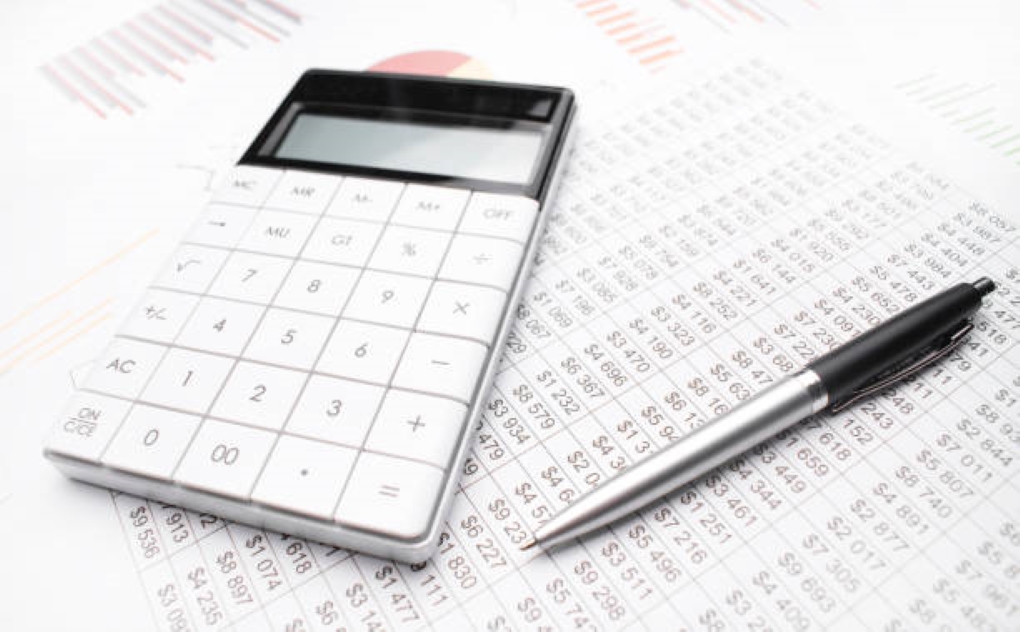
Whether you plan on working for accounting firms or individual clients, you need tax accountant certification. Performing accounting tasks comes with great responsibility. The job pays well, but you will also take responsibility for any legal or federal consequences stemming from incorrect tax calculations.
For this reason, clients set high standards when hiring tax professionals. Understanding the impact of tax accountant certification will help you land more clients. Individuals typically look for enrolled agents (EA), while business entities need professionals with a certified public accountant certification (CPA) or certified management accountant certification (CMA).
The concept of public accounting dates back to the late 19th century. In 1887, the American Association of Public Accountants created a set of moral standards for accounting professionals to follow. These guidelines aimed to combat fraud, money laundering, and the siphoning of funds.
As the need for public accounting and taxation grew, the association coined the term Certified Public Accountant (CPA) in 1896. The professionalization of accounting significantly minimized taxation errors and crimes.
The formation of CPA exams paved the way for industry-specific certifications. CPA professionals specialize in a broad spectrum of finance, while tax accountants with additional certifications zero in on specific topics and tasks.
See if you meet the professional and educational requirements of your preferred tax accountant certification:
CPA applicants would need 150 coursework hours to qualify for the examination. Although two-tier states will let you take the exams with just 120 hours of education, you’ll need to accomplish the remaining 30 hours before getting your license. Similarly, CMA applicants need a three- to four-year bachelor’s degree.
Note: If you don’t have a bachelor’s degree but can prove tax accounting competency, you can qualify for the EA examination.
CMA and EA applicants need at least two years of work experience in finance or public accounting. Meanwhile, CPA applicants can get licensed even without a professional background in finance.
Don’t blindly accept the all-in certification packages you see online. They might seem convenient, but brokers typically squeeze in hidden fees and unnecessary charges. Instead, break down the examination fees yourself.
Applying for a CMA and CPA requires you to have a bachelor’s degree, and four-year college attendance should cost you around $20,000 to $40,000. Also, note that CMA exams only accept applicants with at least two years of professional experience in finance.
Meanwhile, EA applicants don’t necessarily need bachelor’s degrees. Instead, they can demonstrate their competence by achieving a passing score in the three-part EA exams. Of course, having an accounting degree still gives you an advantage.
The application and registration fees for CPA exams cost $130 and $300, respectively, while the actual examination fee is $834. However, expect to shell out an extra $2,000 to $2,500 if you plan on taking a review course.
Meanwhile, CMA exams are relatively cheaper. The entrance fee costs $250, while the two-part exam costs $830, so you’ll only need around $1,100 for everything.
EA exams only cost $182 per part, so you can take the entire three-part EA exam for less than $600.
CPA applicants need to set aside $169 for the professional ethics exam, $175 for the licensing fee, and $1,000 for continuing professional education credits (due annually). Meanwhile, CMA applicants only need $30 for the annual CMA maintenance fee.
As for EA applicants, you’ll need to accomplish the Application for Enrollment to Practice Before (Form 23), which comes with a $67 application fee.
Here’s where to get the most in-demand, widely recognized certifications for tax accountants:
Although accountant certification requirements vary from state to state, most require applicants to have 120+ college credits. If you qualify, you can submit an application through the CPA Central portal. After approval, you’ll have 18 months to accomplish the CPA Exam sections and achieve a total score of at least 75.
To apply for the CMA exams, you must have a bachelor’s degree and previous work experience in financial management. You can only sign up for the exam online if you meet these requirements. The exam typically consists of 12 areas of competencies divided into two parts.
After securing a Preparer Tax Identification Number (PTIN), schedule your EA exam at the Special Enrollment Examination (SEE) page on Prometric.
There are dozens of other tax accountant certifications available. Apart from widely accepted certifications like CPA, CMA, and EA, you can also look into the following:
Are you unsure if you meet the standard accountant certification requirements? Check out the questions tax professionals commonly ask when qualifying for the Certified Public Accountant certification (CPA) and Certified Management Accountant certification (CMA) programs.
Working as a professional tax preparer might not be as challenging as most fear. The bulk of your work falls under tax filing season, so you can generally take it easy during the other months.
Get your IRS certification at the Link & Learn Taxes e-Learning portal. Although professionals can demonstrate their competence in tax preparation through third-party courses, the IRS prioritizes those who undergo its in-house accountant certification programs.
Millions of businesses and individuals need tax accountants. However, in today’s competitive, fast-paced society, you’ll need at least one accountant certification online to win a client.
Look into industry-specific tax accountant certification programs. Going beyond widely known options like CPA, CMA, and EA equips set you apart from the millions of other accountants in the country.
Remember: the world of finance is a competitive, fast-paced industry. Undergoing continuing education proves that you have the experience and technical knowledge to perform intensive number-crunching tasks.
What other certifications should accountants consider? Let Reliable Certified guide you through your options! Check out our resources explaining the various certifications and programs that will help you further your career.